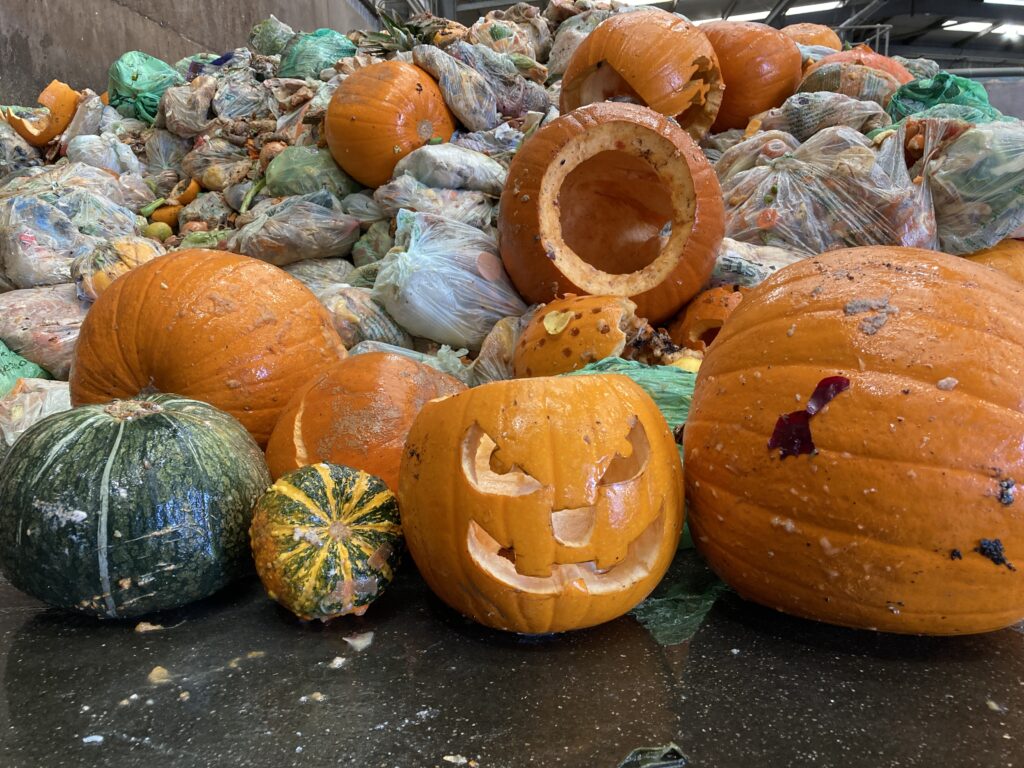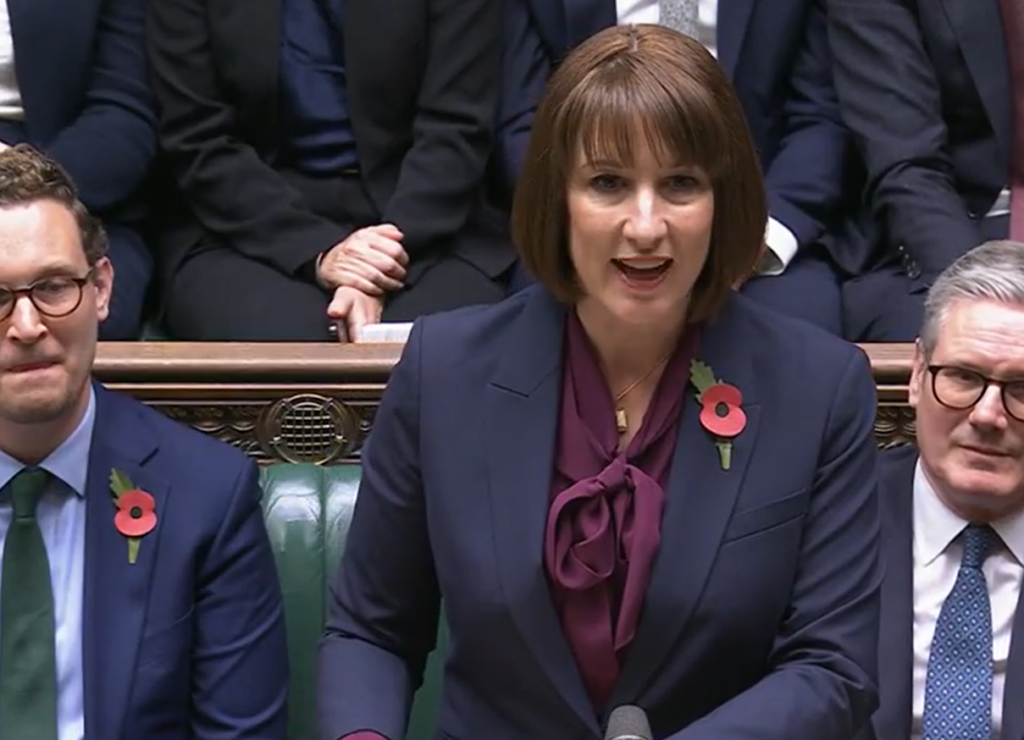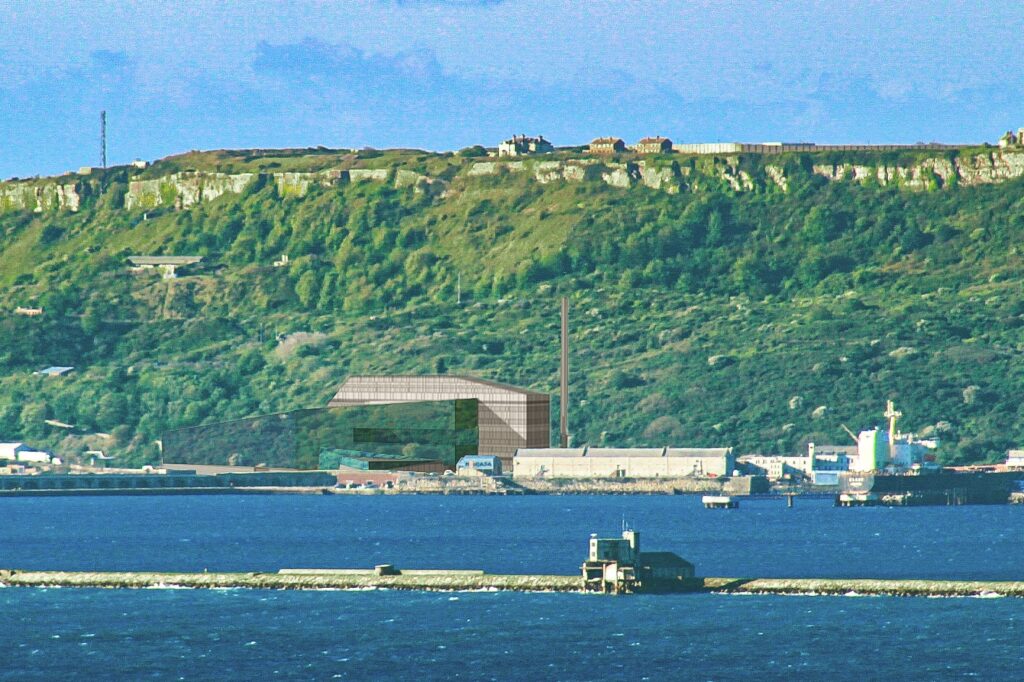The company first proposed the facility – which would have generated 70MW of electricity a year – for a site at Brig y Cwm outside Merthyr Tydfil in January 2009 (see letsrecycle.com story). Due to its size, the proposal was being scrutinised by the Infrastructure Planning Commission the body established by the previous government to speed up the decision-making process for major planning applications.
The plant was one of three solutions which had been shortlisted by Prosiect Gwyrdd, a consortium of five councils in South Wales, to treat its residual waste and Covanta also confirmed that it would now be withdrawing from this process. This means that just Veolia and Viridor are left in the running for the deal, which is worth in the region of 1 billion.
Explaining the reason for pulling out, Mr Chilton said: Covantas decision is due to commercial circumstances relating to the local authority procurement situation in Wales. We were looking to provide a national solution for much of the waste in Wales which is currently going to landfill. This would have provided a low disposal cost, low carbon and highly efficient solution.
“After a long search we decided to place our multi-million pound inward investment in Methry Tydfil. However, the local authorities have adopted a fragmented approach (not a national approach) to dealing with residual waste. This makes the current proposal for the plant unviable.
Mr Chilton thanked the IPC for the considerable time and effort it had dedicated to the Brig y Cwm application process to date and said that Covanta would now be concentrating on its other UK projects.
Prosiect Gwyrdd
A spokesman for Prosiect Gwyrdd confirmed that Covanta had withdrawn from its procurement process. The procurement suffered another setback earlier this year when WRG pulled out (see letsrecycle.com story).
Prosiect Gwyrdd comprises the councils of Caerphilly, Cardiff, Monmouthshire, Newport and Vale of Glamorgan and accounts for 40% of all the residual waste generated in Wales.
The spokesman said: Prosiect Gwyrdd has received confirmation that Covanta Energy has withdrawn from the procurement process. The project will continue to evaluate the competitive detailed bids submitted by Viridor and Veolia and the procurement process will continue so that the project delivers a sustainable solution to non recyclable waste in South East Wales. The two remaining bids are strong and credible and the preferred bidder will be identified in autumn 2012.
Welcomed
News of the scrapped incinerator plans was welcomed by environmental and community recycling groups in Wales.
Friends of the Earths planning campaigner Mike Birkin said: This is fantastic news a big, dirty cloud has been lifted from over the people of Merthyr and Rhymney Valley.
This expensive incinerator would have sent vast quantities of valuable material up in flames, belched out climate-changing emissions and undermined recycling which could create ten times as many badly-needed jobs.
This shows that when communities stand together they can stop unwanted developments even when theyre up against big business PR machines and a fast-tracked planning system designed to muzzle local opposition.
Mal Williams, chief executive of the Welsh Community Recycling Network (CYLCH), also welcomed the decision.
He said: Wales as a whole wont be producing the 700,000 tonnes of combustible materials in its waste if the excellent progress of the Zero Waste recycling plan continues as it most assuredly will. Well invested recycling operations are already reducing waste by over 75% to 80% across the world and Wales as a whole will cross the 50% threshold before Christmas. That means Wales is recycling more than it is wasting a very important psychological point on the road to sustainability.
Covanta
Last week, Covantas plans for a large-scale incinerator at Rookery Pit in Bedfordshire became the first project to receive the backing of the IPC (see letsrecycle.com story). Once built, the plant will have the capacity to burn 585,000 tonnes of residual waste a year.
However, a consortium led by Covanta lost out to Veolia ES Aurora as the top choice for Leeds 550 million PFI contract earlier this month (see letsrecycle.com story).









Subscribe for free